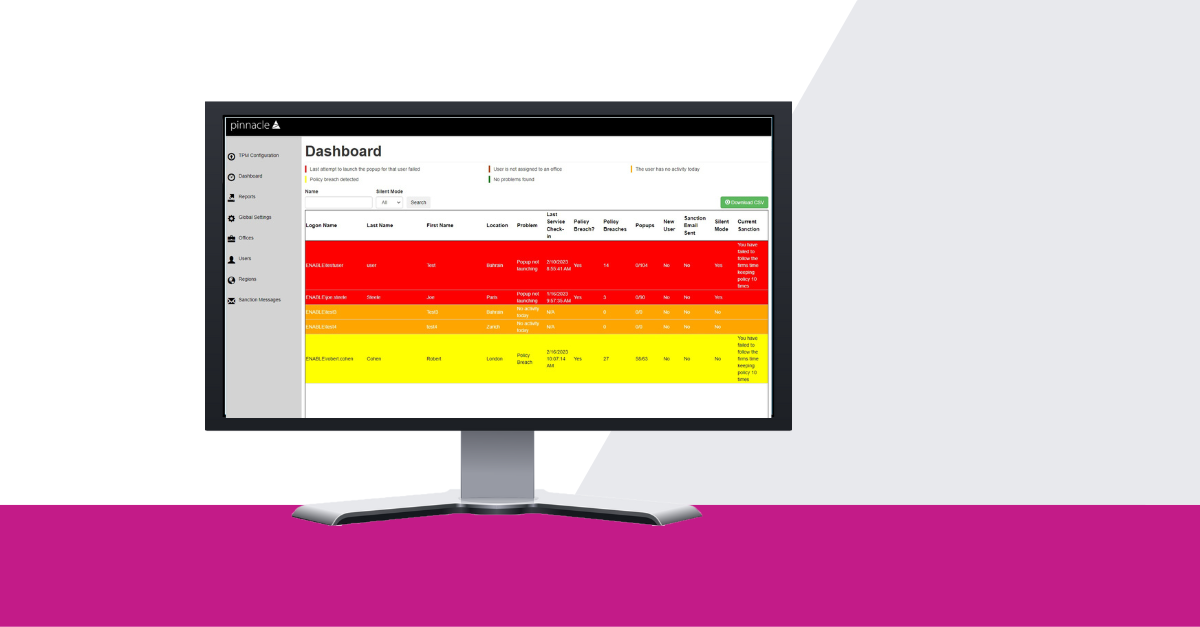
Time recording software has been an ever-present in law firms for the past thirty years. Long pivotal to the billing process, it has also become invaluable in the era of alternative billing structures for establishing ‘cost of production’: just how long does it take Lawyer A or Team B to complete a certain type of matter?
You would think that technology so fundamental to driving revenues and sharpening profits would be appreciated by now. That conversations about optimising time even further would be easy to have. And yet…
As a consultancy, we have been committed to making things better, to helping law firms extract more value out of their IT investments, to adding complementary capabilities to get even greater returns out of existing systems. Modern time recording solutions have advanced things hugely, taking much of the burden off fee earners; but the reality is that there is still too much money being left on the table through persistent poor time recording, much of which is behavioural and avoidable.
It remains one of the primary causes of revenue leakage. The problem is compounded: missing or late time entries can delay billing, prompt write-downs, encourage client queries and delay payment. Firms are not just losing the revenue that they haven’t billed for, but jeopardising what they have.
Moreover, firms lack a complete and accurate data set to feed into price modelling – how can they determine what it takes to complete certain matter types when they are not in possession of the full picture?
It’s hard to excuse poor time recording. It isn’t just slack behaviour, it is sloppy non-compliance with a firm’s time policy. But when, with our ‘optimisation’ hat on, we offer a solution that looks to change that behaviour and secure that compliance, too often the response is muted and cautious. The sort of response, in fact, that time recording has always provoked, and always because of the same thing – let’s call it ‘cultural sensitivity’, a firm’s recognition that fee earners just don’t like it!
We are not unsympathetic. So many tech-related projects stand or fall by their positive adoption by fee earners. When introducing Time Policy Manager to firms for the first time, we stress that this isn’t some sledgehammer of an enforcement tool but rather a very sensitive mechanism for rooting out non-compliance. Put simply: there’s nothing to fear.
Sometimes our audience gets it, and welcomes it, as they don’t want to soft pedal around the issues anymore: they’re struggling with missing time entries, manual chasing and chivvying hasn’t worked or cost them too much, automated reminders are too easily ignored and so they accept the need to escalate, to use active interventions that secure consistent, universal compliance to time policy.
Others are still hesitant, pushing back on those ‘cultural sensitivity’ grounds. So we try to unpick things, to deal with the concerns head-on. One demo of Time Policy Manager quickly reveals that it has so many configuration options that you can fine-tune it to within an inch of every time policy’s requirements – and perfectly balance the firm’s needs with how individual fee earners work best.
Its escalation process is sensible and proportionate, starting to minimise all applications other than the time recording software only after the non-conformance threshold has been breached – which can be set as long or as short as your firm likes. Even then, the prompts to record time can be postponed a number of times, so that essential work can always be completed. Only once fee earners run out of all their postpones will they be forced to deal with the time recording gaps. Time Policy Manager’s precision and control is such that it remains completely invisible to those who comply with the time policy.
It is also a product that we’ve developed significantly in response to specific client requests, a metaphorical ‘bending over backwards’ to help deal with some of the very acute feelings around the notion of enforcement. This is best exemplified by Time Policy Manager’s ‘silent mode’, which monitors and reports on all non-compliance invisibly to the fee earners, leaving finance heads and revenue managers to remediate in a way that they’re comfortable with, keeping a personal touch.
In other words, we feel Time Policy Manager is doing everything a software solution can to cater for cultural considerations whilst at the same time having a very real positive impact on revenue and profitability. Firms really do have a great shot at stemming revenue leakage at source, embedding better habits around time recording, encouraging more contemporaneous entry and dealing head-on with egregious abuses of policy. But there has to be an acceptance that time recording is still a problem – and an appetite for fixing it once and for all.
